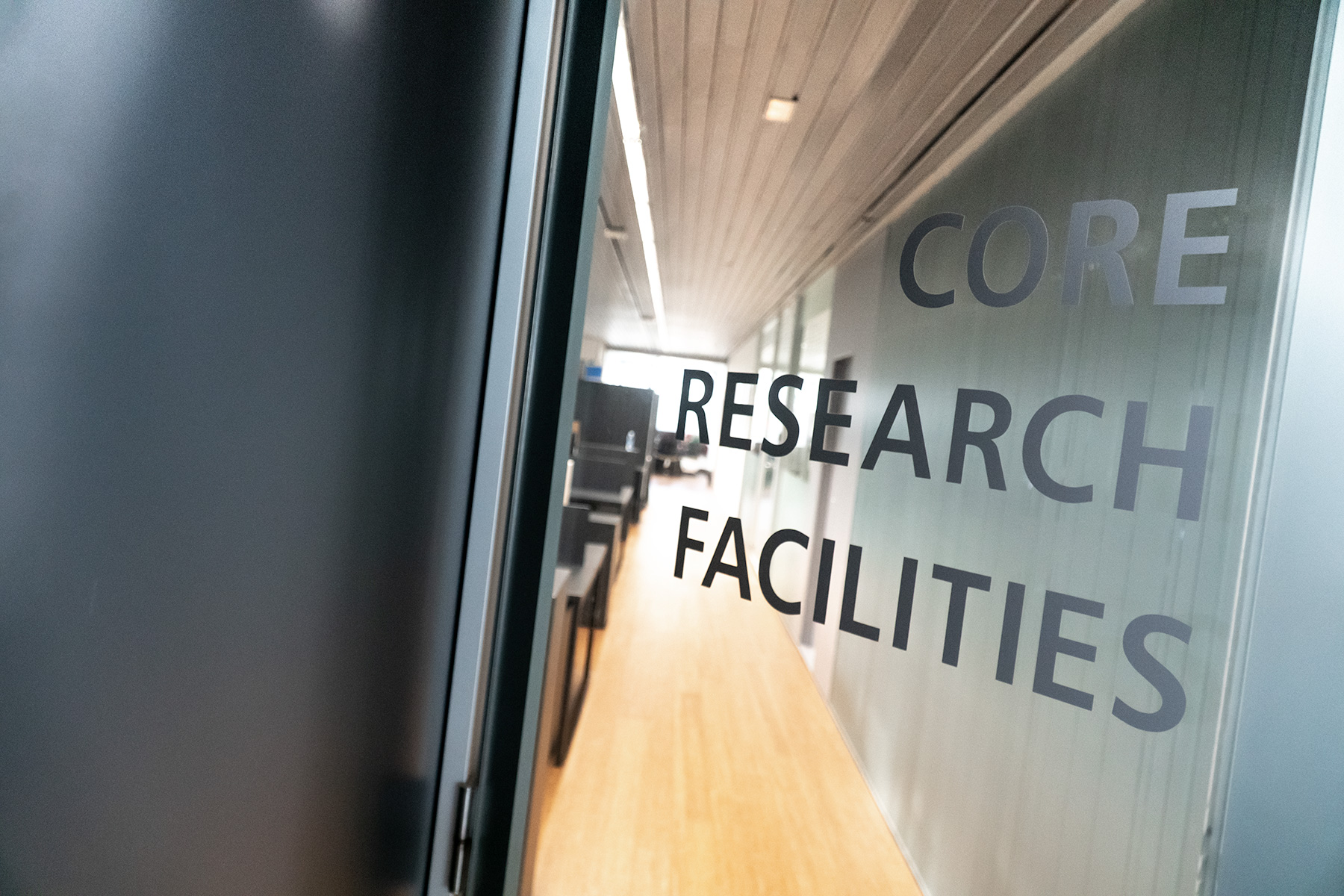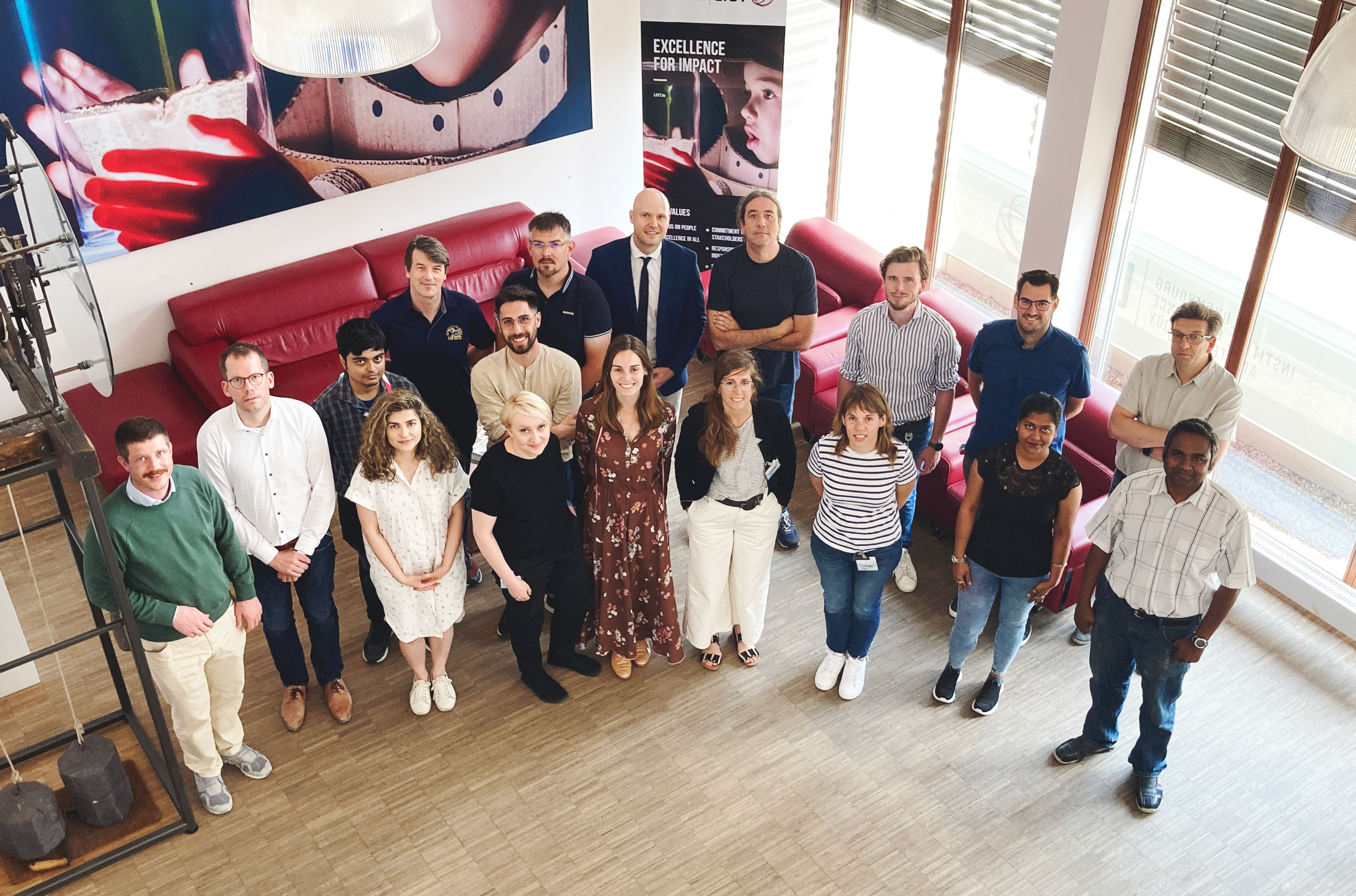CIC energiGUNE, the Basque research center of reference in electrochemical energy storage, thermal energy storage and conversion and hydrogen technologies, is part of the European OPINCHARGE project, which aims to develop a set of techniques and methodologies at nanometer and sub-nanometer scale designed to analyze and understand the interactions between the interfacial structure, its chemical evolution and the charge dynamics of lithium-ion batteries with an unprecedented level of detail. This information, which has so far remained beyond the reach of research due to the complexity of its analysis, will facilitate the application of technological advances in the development of next-generation batteries.
"Innovation in the field of batteries has been hampered by the lack of understanding of the processes occurring at atomic levels at device interfaces and interfaces" said Juan Miguel López del Amo, Principal Investigator of the project and head of the Nuclear Magnetic Resonance platform at CIC energiGUNE. "Through OPINCHARGE we will have the opportunity to create a detailed map of these processes and, consequently, open the door to innovations and unprecedented technological advances," he concluded.
The OPINCHARGE project, led by the Luxembourg Institute of Science and Technology, is structured through three main pillars of technical innovation: chemical-based, isotope-based and physics-based innovation. Thus, the main techniques to be addressed will be X-ray scattering, Raman operando, electron energy loss spectroscopy, electromagnetic wave neutron tomography and solid-state NMR operando.
Complementarily, the OPINCHARGE consortium will integrate AI/Machine Learning support to improve data acquisition and analysis, making data processing processes more efficient and meaningful.
During the execution of this project, CIC energiGUNE will lead whole-cell solid-state NMR studies -including studies with compounds enriched in stable isotopes- and will also contribute in the development of an in-situ isotope electrolyte exchange setup for operating neutron and electromagnetic wave imaging. In addition, CIC energiGUNE will also prepare and lead the distribution of non-commercial samples, such as standard composite electrodes and gel electrolytes, to other members of the consortium to avoid variations in the experimental results arising from the processing conditions of the material.
The OPINCHARGE project, which held its kick-off meeting this month in Luxembourg - at the headquarters of the project coordinator, the Luxembourg Institute of Science and Technology - and which has an expected duration of 36 months, is composed of the following entities: CIC energiGUNE; CNRS-Centre National De La Recherche Scientifique; Nantes Université; DLR-Deutsches Zentrum Fur Luft Und Raumfahrt; DKFI-Deutsches Forschungszentrum Fur Kunstliche; THER-Fei Electron Optics BV; CIDETEC; Universitat Paderborn; Pedal Consulting; and Paul Scherrer Institut.





